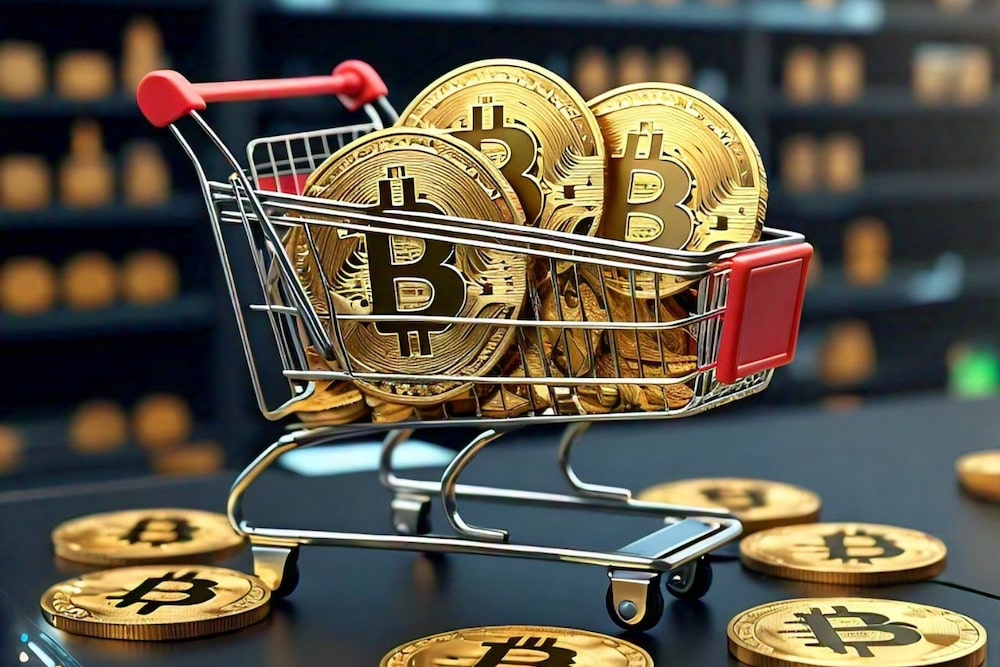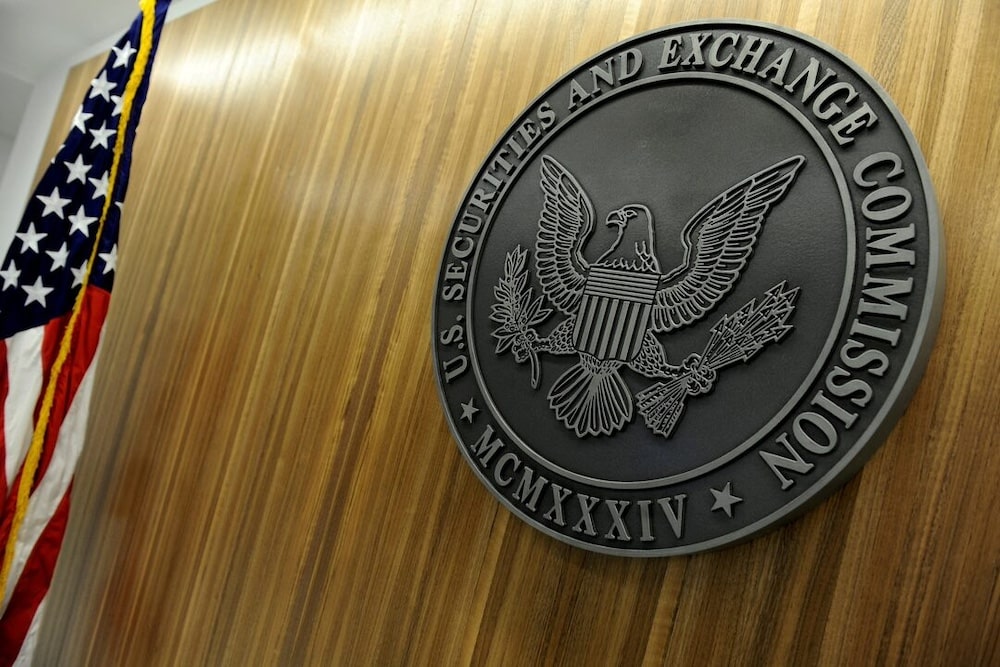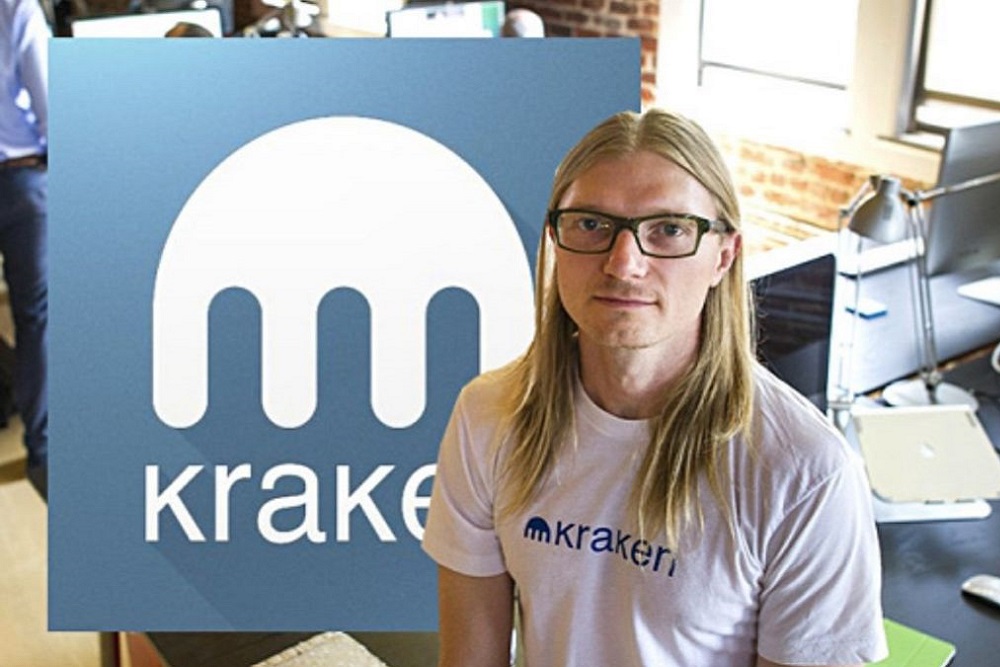The SEC has officially filed an appeal in its lawsuit against Ripple Labs, challenging the August 7 court ruling in the United States District Court. This update was shared by James Filan, a Ripple community lawyer, via a recent tweet.
The appeal comes after United States District Judge Analisa Torres ruled that Ripple breached federal securities law with its institutional sales of XRP tokens but not with its programmatic sales to retail exchanges.
Following this ruling, the justice ordered Ripple to pay a $125 million fine, lower than the $2 billion in disgorgement and civil penalties initially requested by the SEC. The ruling was seen as a significant win for the crypto industry, but the regulator’s appeal has put that victory on hold.
Appeal’s Potential Outcome
Bitwise Asset Management has recently filed for a spot XRP exchange-traded fund (ETF) with the SEC. This move excited investors, as it could provide direct exposure to the token. However, the appeal will probably hinder the ETF’s progress and cause uncertainty over Ripple’s regulatory status.
Beaconing on past legal battles, law expert Fred Rispoli analyzed that the appeal against Ripple is expected to proceed with brief submissions, opposition briefs, and oral arguments. Since these processes take several months, Rispoli further mentioned that a final ruling might be in 2026, potentially extending the legal case to the next two years.
Appeal Gains Reactions
Brad Garlinghouse, Ripple’s CEO, seems frustrated with the SEC and its chairman, Gary Gensler, for prolonging the legal battle. He believes the regulator should have wrapped up the case sooner, emphasizing the lawsuit’s significant harm to the industry.
Garlinghouse argues that the SEC failed to safeguard U.S. investors and damaged its reputation in the process. Despite this, he is confident that Ripple and the broader industry have emerged victorious, stating that the SEC lost on key aspects.
Reacting to the appeal news, XRP’s price plummeted over 10% to below $0.52. Data from Whale Alert revealed three whale wallets transferred approximately 60 million XRP ($33 million) to exchanges. The SEC’s appeal injected uncertainty into the market, prompting cautious investor behavior.









